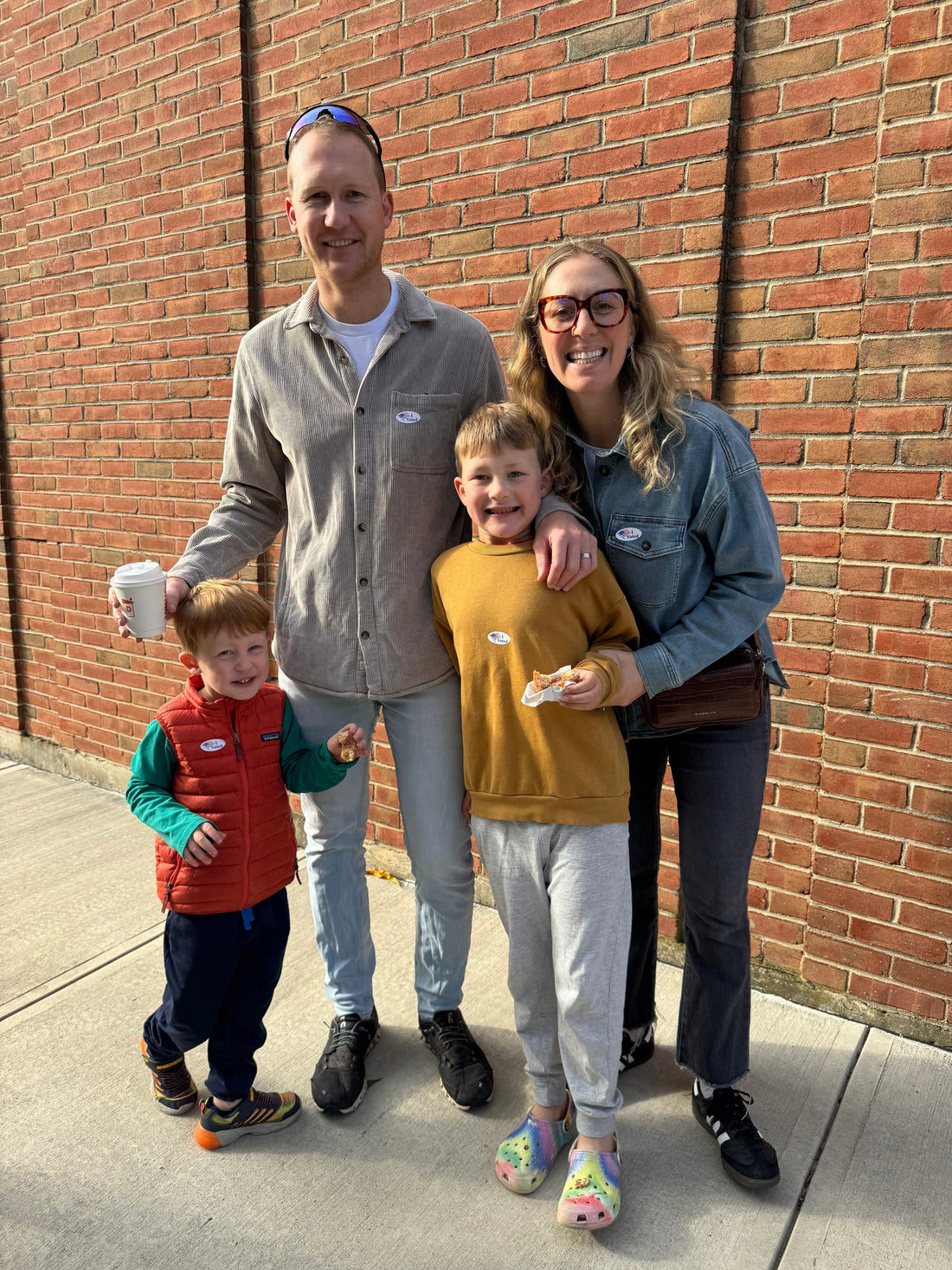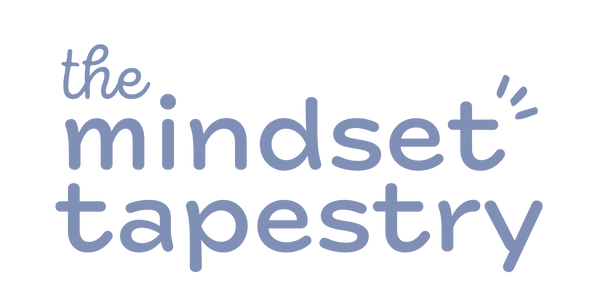Featuring Mama: Dr. Chloe Massey

At The Mindset Tapestry, our Featuring Mama series shines a light on mothers who are not only nurturing the next generation but also transforming the world through their work, wisdom, and presence. This week, we’re honored to introduce Dr. Chloe Massey, a mom of two, child development expert, educator, and researcher. With a doctorate in Education and a background in Teaching & Learning and Applied Psychology, Chloe brings both science and soul to the parenting space.
Her virtual practice supports parents through the often-overwhelming journey of raising children with warmth, clarity, and evidence-based tools — and like any great guide, she walks the path herself, navigating motherhood with honesty and grace.
As both a mom and an expert in child development, how do you balance the practical, day-to-day challenges of parenting with the scientific knowledge you bring to the table?
“I often say to my husband ‘I wish I could know less.’ I find it particularly challenging to separate my professional knowledge from my personal life. But, the reality is that life with my kids is very real (and often messy), and at the end of the day, I’m just another parent trying my best. In the heat of the moment, I try to remember all I know about parenting and child development, but I would be lying if I said I always do this. Rather, I aim to balance the practical challenges with humor, perspective, and a bit of grace. Just because this is my career and expertise, doesn’t mean I’m always going to nail it. I used to say to the student teachers I taught, ‘if your lesson flops, you’ll learn more about what to do next than if you crush it.’ I feel the same way about parenting. When I mess up, say the wrong thing, or react, I often learn something about both myself and my kid, which lets me approach the situation better the next time.”
What are some common misconceptions that parents often have about child development and behavior, and how can your work help them see things in a more evidence-based way?
“There. Are. So. Many. I’d say one of the biggest misconceptions is that there is a correct way to parent. Like a universal RIGHT way to do things. This is not correct. I’m constantly saying this to clients of mine.”
Many parents struggle with routines and structure. What role do you believe routines play in a child's development, and what advice do you have for parents trying to establish consistent routines in their households?
“Routines are the backbone of a smoother day - I’m a huge proponent of routines and we have tons of research that tells us kids (of all ages) respond really well to routine. Establishing consistent routines from the start can create a sense of predictability, reducing stress for both kids and parents. That being said, you don’t need a routine for every single part of your day. Rather, identifying key transitions or pain points can help you determine which routines will be most beneficial. For many families, mornings (getting out the door), mealtimes, and bedtime tend to be the biggest areas to focus on. The key is finding what works for your family. There’s no one-size-fits-all approach (I say this a lot!), and I’ll never tell you that my routine is the ‘right’ way—because routines are deeply personal. The best routine is the one that supports your family’s needs and makes life slightly more manageable.”

In your experience, how can parents maintain a sense of connection with their kids, especially as they grow older and become more independent?
“Such a great question! The best way to stay connected with your kids is to truly see them for who they are. As they grow, their interests will evolve, and sometimes, they might be really into something you don’t get (they love science, you don’t care for science, for example). Remember that connection isn’t about loving the same things — it’s about showing up with curiosity. Ask questions, engage, and let them teach you. Even if you don’t fully understand their world, being willing to step into it is what keeps you close.”
As an educator/researcher/mother, what are some ways The Mindset Tapestry can benefit a child’s social-emotional development, either in the classroom or at home?
“As an educator, researcher, and parent, I know how critical it is to help kids build self-awareness, resilience, and emotional regulation. These skills are essential as they navigate life. Bringing The Mindset Tapestry into the home has so many benefits. For one, it offers parents a practical way to help children do some pretty big and important tasks, like identify emotions, process experiences, and develop coping strategies. The Mindset Tapestry is an incredible tool that can help you and your child strengthen their emotional vocabulary and understanding of BIG feelings, reinforce positive self-talk (let’s be honest, we could all use some practice with this!), and create a supportive environment where kids feel seen and heard.”
Can you share some tips or practices that help parents build confidence and trust in their instincts while navigating the complexities of parenting?
“Tune out the overwhelming chatter about the ‘right’ way to parent. We’re constantly bombarded with advice from friends, social media, and every corner of the internet, making it easy to second-guess ourselves. But here’s the truth—no one knows your child like you do. Focus on what works for your family, and when you feel pressured or judged, take a step back and ask yourself: What’s triggering this doubt? Recognizing those moments can help you filter out the external noise and trust yourself more. Easier said than done, of course. I’m always working on this myself.”

Final Thoughts
Dr. Chloe Massey reminds us that being an expert doesn’t mean being a perfect parent — it means showing up, learning as you go, and giving yourself grace in the messiness of it all. She brings a beautiful blend of evidence-based insight and down-to-earth wisdom to everything she does, making parenting feel a little less overwhelming and a lot more human.
What makes Chloe’s work so powerful is how she bridges the gap between science and everyday life — helping parents feel seen, supported, and more confident in their instincts. She’s not just talking about connection, resilience, and emotional growth — she’s living it, modeling it, and passing it on to the next generation through her work and her family.
Chloe, thank you for sharing your story with such honesty and heart. You’re helping parents everywhere feel less alone — and that, in itself, is world-changing.

